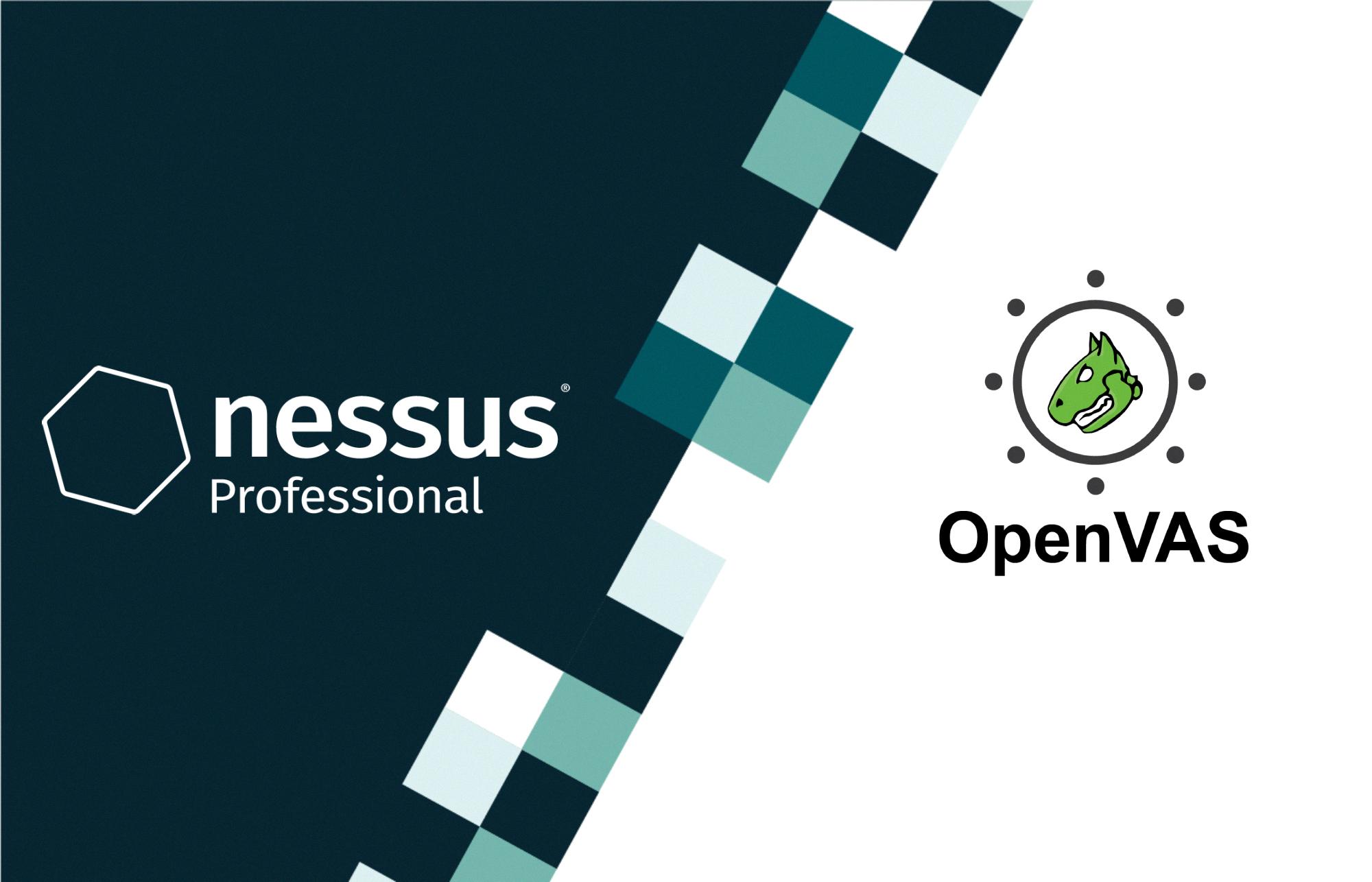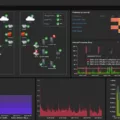When it comes to vulnerability scanners, OpenVAS and Nessus are two of the most popular tools used in network security. But which one should you choose? Let’s dive into a detailed comparison of OpenVAS and Nessus to help you make an informed decision.
OpenVAS is an open-source vulnerability scanner that was forked from Nessus in 2005. It’s backed by Greenbone Networks, who provide the feed of checks for OpenVAS. The major advantage of OpenVAS is that it’s a cost-free open-source software, with a colorful development community and comprehensive scan coverage. Unfortunately, the number of CVEs covered by OpenVAS is limited to 26,000 compared to Nessus’ 50,000+.
Nessus is a popular commercial vulnerability scanner created by Tenable Network Security. It covers over 50,000 CVEs and has a lower false positive rate than OpenVAS. One key benefit of Nessus is its extensive plugin library which constantly adds new features and compatibility with other scanning tools. Additionally, Tenable provides great technical support for users who purchase their products.
So which one should you choose? If you need comprehensive scan coverage and don’t mind spending some money on technical support, then Nessus may be the better option for you. However, if you’re looking for an open-source solution or just want to try out vulnerability scanning before making a commitment, then OpenVAS could be the way to go.
Comparing OpenVAS and Nessus
No, OpenVAS and Nessus are not the same. While both are vulnerability scanners that help identify security risks, Nessus has a wider range of support for CVEs (over 50,000 compared to 26,000), which makes it superior in detecting more issues than OpenVAS. Additionally, Nessus offers a lower false-positive rate than OpenVAS.

Source: intruder.io
Is OpenVAS Still Free?
Yes, OpenVAS is still free. It is an open-source project, meaning anyone can access the source code and use it for free. Furthermore, all of its features are available at no cost. The project is actively developed and maintained by the OpenVAS community, which includes both volunteers and commercial entities.
OpenVAS has a variety of features including vulnerability scanning, reporting capabilities, asset discovery, and auditing tools. Its scans cover a wide range of vulnerabilities including OS vulnerabilities and configuration issues. Additionally, it supports multiple authentication methods such as SSH key authentication or password-based authentication. All of these features are available to users without any charges.
OpenVAS is still completely free to use without any hidden fees or costs associated with it. Its active development and vibrant community make it an excellent choice for security professionals looking for a reliable vulnerability scanner solution.
Disadvantages of OpenVAS
OpenVAS has a few notable disadvantages when compared to other vulnerability scanners such as Nessus. Firstly, OpenVAS covers fewer CVEs and test cases for testing and assessment than Nessus, which means it may miss some vulnerabilities that Nessus would detect. Secondly, OpenVAS does not have a user-friendly GUI or web interface to make management easier. This can be difficult for users who are unfamiliar with command-line tools. Finally, OpenVAS requires additional components to be installed such as its own certificate authority, which can be time-consuming and complex. Additionally, OpenVAS is currently limited in its ability to generate actionable reports and only offers basic reporting capabilities.
Do Hackers Utilize Nessus?
Yes, hackers use Nessus as a tool for assessing the security of networks and systems. Nessus is an automated vulnerability scanner that helps security professionals identify potential risks that may exist on their network or system. It scans for common vulnerabilities such as missing patches, weak passwords, misconfigured services, and more.
Nessus can also be used to perform penetration testing, which is when a hacker attempts to gain unauthorized access to a system or network in order to assess its security measures. In addition, some hackers use Nessus to look for vulnerable systems on the internet that they can exploit. By scanning these systems, they can find out what vulnerabilities exist and then use them to gain access.
Overall, Nessus is an essential tool for any hacker who wants to assess the security of networks and systems. It not only helps them identify potential risks but also provides valuable information that can be used in penetration testing and other activities.
Operating Systems Compatible with OpenVAS
OpenVAS is designed to run on Linux environments. It can be installed on any Linux distribution that meets the system requirements, such as Ubuntu, Debian, CentOS, Fedora, Red Hat Enterprise Linux (RHEL), and SUSE Linux Enterprise Server (SLES). Additionally, OpenVAS can also be installed on macOS and Windows with the help of a virtual machine.
Is Nessus the Optimal Vulnerability Scanner?
Nessus is one of the most popular vulnerability scanners used by organizations to ensure the security of their IT infrastructure. It has been around since 1998 and has become an industry standard for vulnerability scanning. Nessus provides detailed scans on a wide range of systems as well as applications. It is also known for providing accurate and reliable results from its scans.
Nessus offers a number of features that make it stand out from other vulnerability scanners. For example, it allows users to customize their scans based on the type of system or application being scanned, allowing for a more detailed analysis. Additionally, Nessus can detect vulnerabilities across multiple platforms, including Windows, Linux, Mac OS X, and mobile devices. Finally, Nessus also offers an API that enables users to integrate their scanning activities into other solutions such as SIEM or patch management solutions.
Overall, Nessus is an excellent choice for organizations looking to perform comprehensive scans to detect potential vulnerabilities in their IT environment. Its high accuracy and reliability make it a great choice for those seeking to ensure that their security posture is up-to-date with the latest threats.
The Use of OpenVAS as a Vulnerability Scanner
Yes, OpenVAS is a comprehensive vulnerability scanner that provides a wide range of tests and can be used to identify weaknesses in computer systems. It is distributed by the company Greenbone Networks and contains a web-based interface for easy use. It is capable of scanning networks and single machines for any potential vulnerabilities. Its scans can detect missing patches, default passwords, insecure configurations, backdoors, and other security issues. OpenVAS also provides detailed reports on the findings, including recommendations on how to fix the identified problems.
Can OpenVAS Run on Windows?
Unfortunately, OpenVAS is not compatible with Windows. The only way to use OpenVAS on Windows would be to run its Linux VM in a hypervisor, such as VirtualBox or VMware. This involves setting up a virtual machine and installing the Linux operating system onto it, along with OpenVAS. A detailed guide on how to do this can be found on the OpenVAS website.
Can OpenVAS Be Used With Other Kali Tools?
Yes, OpenVAS can be used in conjunction with other Kali tools. It is an open-source vulnerability scanner that uses a combination of network and application security tests to determine potential vulnerabilities in a system. With its comprehensive scans, it can discover known and unknown vulnerabilities in both the operating system and applications running on the system. As an open-source tool, it can easily be integrated with other security tools available as part of the Kali distribution, allowing users to create a more powerful pen-testing environment that is tailored to their specific needs. Furthermore, OpenVAS allows users to customize scans according to their requirements and preferences.
Can OpenVAS Scan Websites?
Yes, OpenVAS can scan websites for vulnerabilities. It uses a variety of techniques to detect potential web-based threats, including cross-site scripting (XSS) vulnerabilities, improper file access issues, and other high-level web threats. Additionally, it can scan website ports and services it can access for known exploits. OpenVAS also provides detailed reports that outline the exact location of identified issues and the severity of each vulnerability.
Conclusion
In conclusion, both OpenVAS and Nessus are powerful vulnerability scanners that can provide comprehensive scans and help protect organizations from security threats. While Nessus offers a wider range of CVE coverage and a lower false-positive rate, OpenVAS is an open-source solution that has a vibrant developer community and is free of charge. Ultimately, the choice between these two solutions will depend on an organization’s needs and resources.








